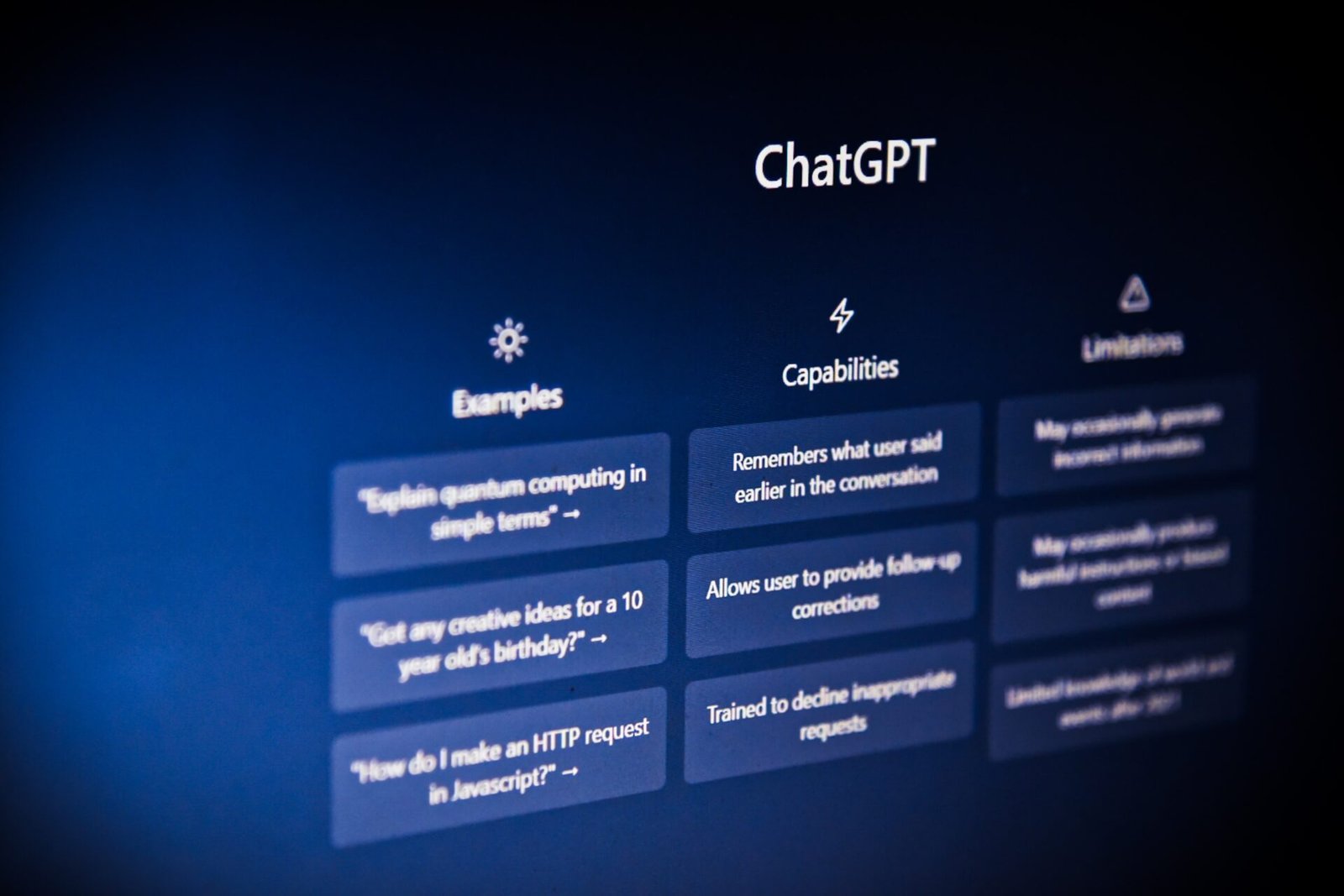Wandering Earth II, MOSS has the potential to revolutionize the development of large-scale language models in China. MOSS is similar to the ChatGPT software used in other countries, but unlike ChatGPT, MOSS is open source, meaning that the details of its technical solutions are available to the public. The development team plans to optimize MOSS by having it interact with humans for a month, after which it will be made open source by the end of March.
MOSS’s development is a significant milestone for the Chinese AI industry, which has been playing catch-up with other countries in the field of large-scale language models. MOSS is expected to reduce the threshold for small and medium-sized enterprises to develop AI applications by making pre-trained language models more accessible. MOSS’s development is also seen as a step towards greater inclusiveness in the AI industry, as it will allow more people to develop various vertical products such as smart customer service, smart home, and artificial intelligence lawyers.
Qiu Xipeng, the director of the Natural Language Processing Committee of the Shanghai Computer Society, expressed hopes that MOSS’s development will enable China to become a leader in the development of large-scale language models. He pointed out that large-scale language models are almost monopolized by foreign countries and that MOSS’s development is proof that the domestic scientific research team has the ability to overcome important technical challenges on the way to developing ChatGPT-like products.
In conclusion, MOSS’s development is an important step towards greater inclusiveness and leadership in the Chinese AI industry. The open-source nature of MOSS means that more people will be able to develop AI applications, while its development is a sign that China is catching up with other countries in the field of large-scale language models.
Read More:
